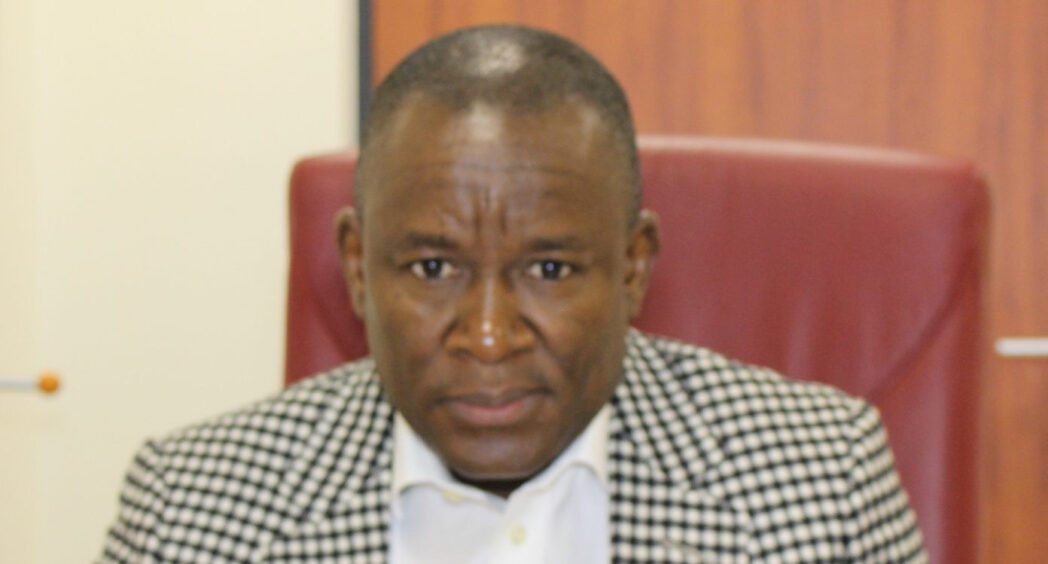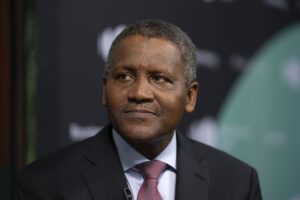
FG reaffirms efforts to tackle industrial challenges, retain investors
The Federal Government has reiterated its commitment to addressing industrial challenges, ensuring access to funding, and creating a more conducive business environment for manufacturers and small businesses.
Senator John Enoh, Minister of State for Industry, Trade and Investment, made this assertion during the inauguration of the Industrial Revolution Work Group in Abuja on Thursday.
Enoh highlighted the ongoing fiscal and monetary policy measures under President Bola Tinubu’s administration aimed at sustaining industrial growth.
He revealed that the government had allocated substantial funds to key sectors, including $75 billion for small and medium-sized enterprises (SMEs) and another $75 billion for the manufacturing sector.
Furthermore, before the passage of the 2025 budget, President Tinubu approved an increase in aggregate expenditure, providing N500 billion each for the Bank of Industry (BOI) and the Bank of Agriculture.
Enoh explained that these actions were deliberate steps to support industrial and agro-allied businesses, ensuring their survival amid ongoing economic challenges.
On monetary policies, Enoh acknowledged the difficulties posed by high interest rates but reaffirmed the government’s commitment to maintaining single-digit interest rates through BOI-backed interventions.
Enoh also addressed concerns about businesses leaving Nigeria due to regulatory and infrastructure challenges, reassuring stakeholders that many industries still regard Nigeria as a key market.
He noted that the newly inaugurated Industrial Revolution Work Group, which includes representatives from key government agencies, would focus on tackling regulatory bottlenecks, power supply issues, and customs procedures.
The minister emphasised that the government’s focus was not only on creating policies but also on their effective implementation to restore investor confidence, with the first meeting of the work group set to take place soon.
He stressed the importance of achieving quick wins and measurable results, acknowledging that Nigerians were weary of endless discussions without tangible outcomes.
Segun Ajayi-Kadir, Director-General of the Manufacturers Association of Nigeria (MAN), expressed the private sector’s commitment to collaborating with the government to revive more than 700 shut-down industries across the country.
He emphasised the need for stronger collaboration between government agencies and the private sector, particularly in addressing the constraints that have hindered industrial growth for decades.
Ajayi-Kadir also drew attention to the unsustainable impact of rising interest rates on manufacturers, pointing out that the current rate of over 30 per cent was detrimental to industrial growth.
He further commended the government’s decision to freeze a proposed 15 per cent increase in port charges, which would have negatively impacted manufacturers and importers of raw materials.
Chris Oputa, Director-General of the Nigerian Association of Small-Scale Industrialists (NASSI), stressed the need to prioritise local production in order to transform Nigeria’s industrial base.
He warned that failure to build sufficient local production capacity could lead to economic losses, especially with Nigeria’s participation in the African Continental Free Trade Area (AfCFTA).




